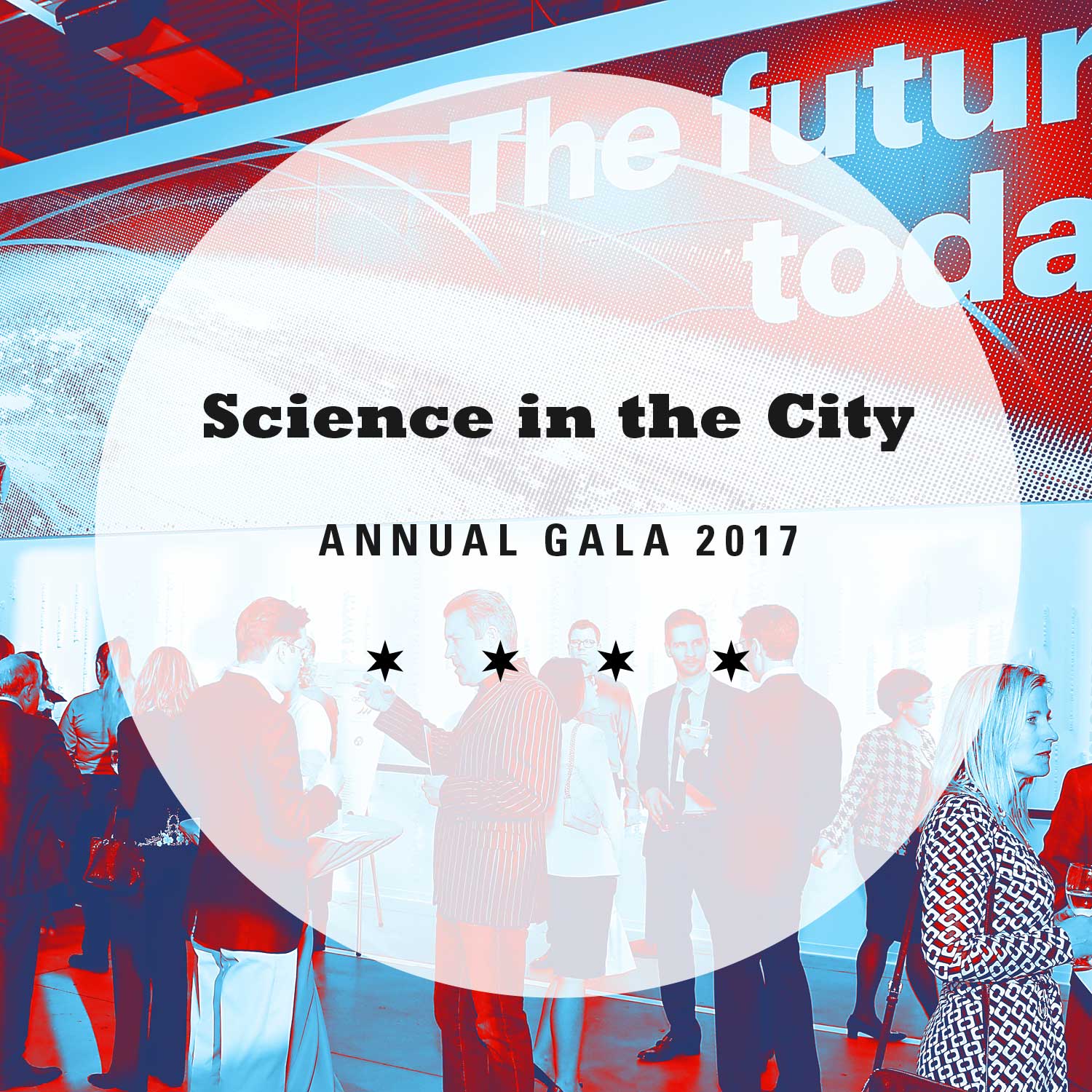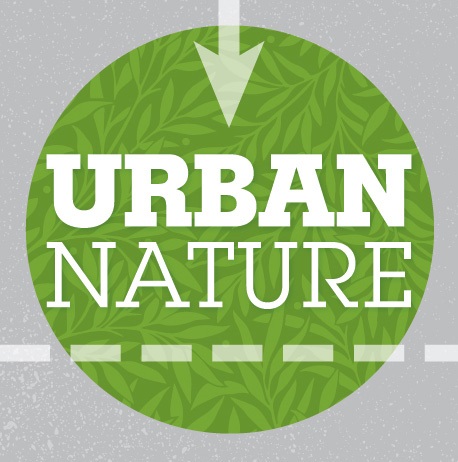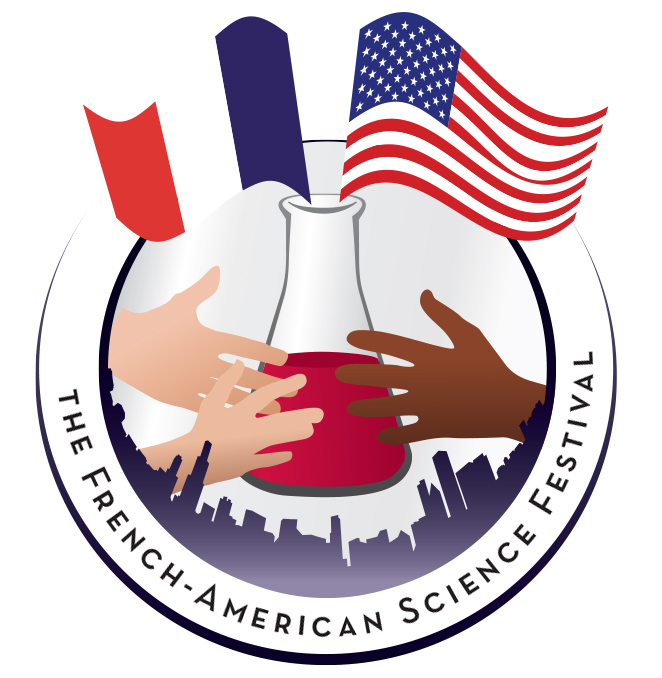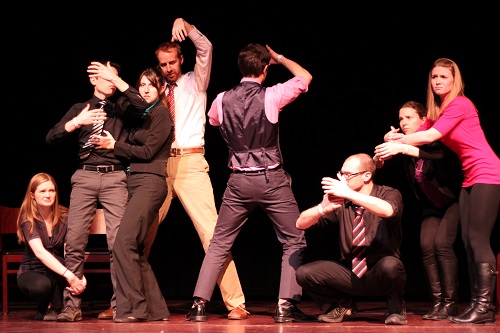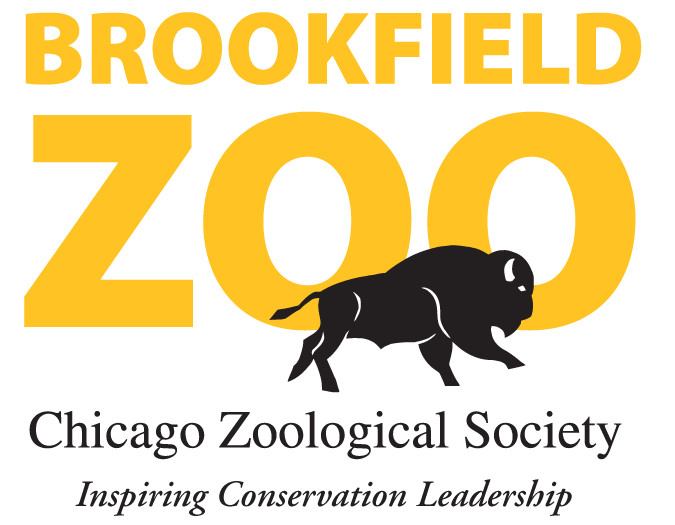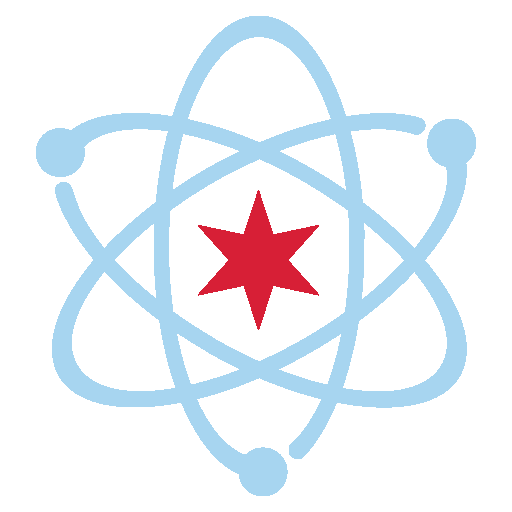Upcoming Events
C2ST achieves its mission by hosting relevant, independent, and credible public STEM programs across all scientific fields at locations throughout Chicagoland. With nine out of ten program attendees’ expectations fulfilled, our supporters agree that C2ST is accomplishing its mission of increasing the public’s understanding of science and technology.
We are dedicated to providing a professional and inclusive environment for everyone, regardless of gender, gender identity and expression, sexual orientation, disability, physical appearance, body size, race, age, or religion. Please be respectful of diversity in individuals and in cultures at our events.
Miss an event? Anyone across the globe can access our STEM program library by visiting our YouTube channel, C2ST TV. Also be sure to follow us on Facebook, where we livestream many of our programs.
Check out below what programs we have planned and discover what we’ve hosted in the past.
Privacy Policy
As a guest of Chicago Council on Science and Technology (C2ST), you agree to be photographed, videotaped, or filmed and grant C2ST permission to put the finished footage/photography to any uses that it may deem proper including marketing, advertising (print, radio, and television) and PR-related activities.
We only have access to/collect information when you sign up for our programs or that you voluntarily give us via email or other direct contacts from you. We will not sell or rent this information to anyone. We will not share your information with any third party outside of our organization.
Filter Events
May 18, 2017
Chicago Sports Museum, Water Tower Place
835 N Michigan Ave, Chicago, IL, USA
Program Series:
Science and Society
Help C2ST foster connections across various industries as we celebrate our 10 Year Anniversary at this year’s gala. There will be an opportunity for supporters to celebrate science and enjoy interactive sports museum exhibits. Meet researchers and mingle with area business leaders and young professionals while you enjoy food and drinks. This fundraiser will provide C2ST with much-needed financial resources to help support its mission.
May 10, 2017
Columbia College Chicago
1104 S Wabash Ave, Chicago, IL, USA
Program Series:
Life Science
C2ST is pleased to present this event as part of our Science + Cinema initiative.
We go behind-the-scenes of the WTTW series Urban Nature with its producer and host, as well as one of the scientists featured in a segment filmed right here in Chicago.
Sixth Edition: Plant Biotechnology and Astrophysics in the Spotlight
As part of the French Innovation Week organized by the Consulate General of France, the French-American Chamber of Commerce in Chicago, Business France and the Alliance Française de Chicago, have organized the Sixth Edition of the French American Science Festival, to be held the first week of May 2017. Read more…
April 24, 2017
The Comedy Clubhouse
1462 North Ashland Avenue, Chicago, IL, United States
Program Series:
Science and Society
What happens when improv comedians try to tackle the world of science?
Come find out at The Comedy Clubhouse on Monday April 24, when three teams of comedians will take a single scientifically-themed suggestion from the audience and improvise three completely different comedic performances. You’ve never seen a science presentation like this before! If you enjoy learning about science, or if you are a scientist wanting to learn how to connect more personally and spontaneously with an audience, this is a can’t-miss show!
April 23, 2017
Brookfield Zoo
8400 West 31st Street, Brookfield, IL, USA
Program Series:
Science and Society
Celebrate the Earth Day Weekend with us at the Brookfield Zoo’s Party for the Planet!
“Every day is Earth Day at Brookfield Zoo, but on this very special day we will be showcasing some of the steps you can commit to that will truly make a difference for animals across the globe! Read more…
April 22, 2017
Entrance Congress Parkway S. Columbus Dr. South of E. Jackson Dr., facing south
Program Series:
Science and Society
Chicago Council on Science and Technology is pleased to partner with the March for Science Chicago.
Chicago Council on Science and Technology is taking a stand for science.
